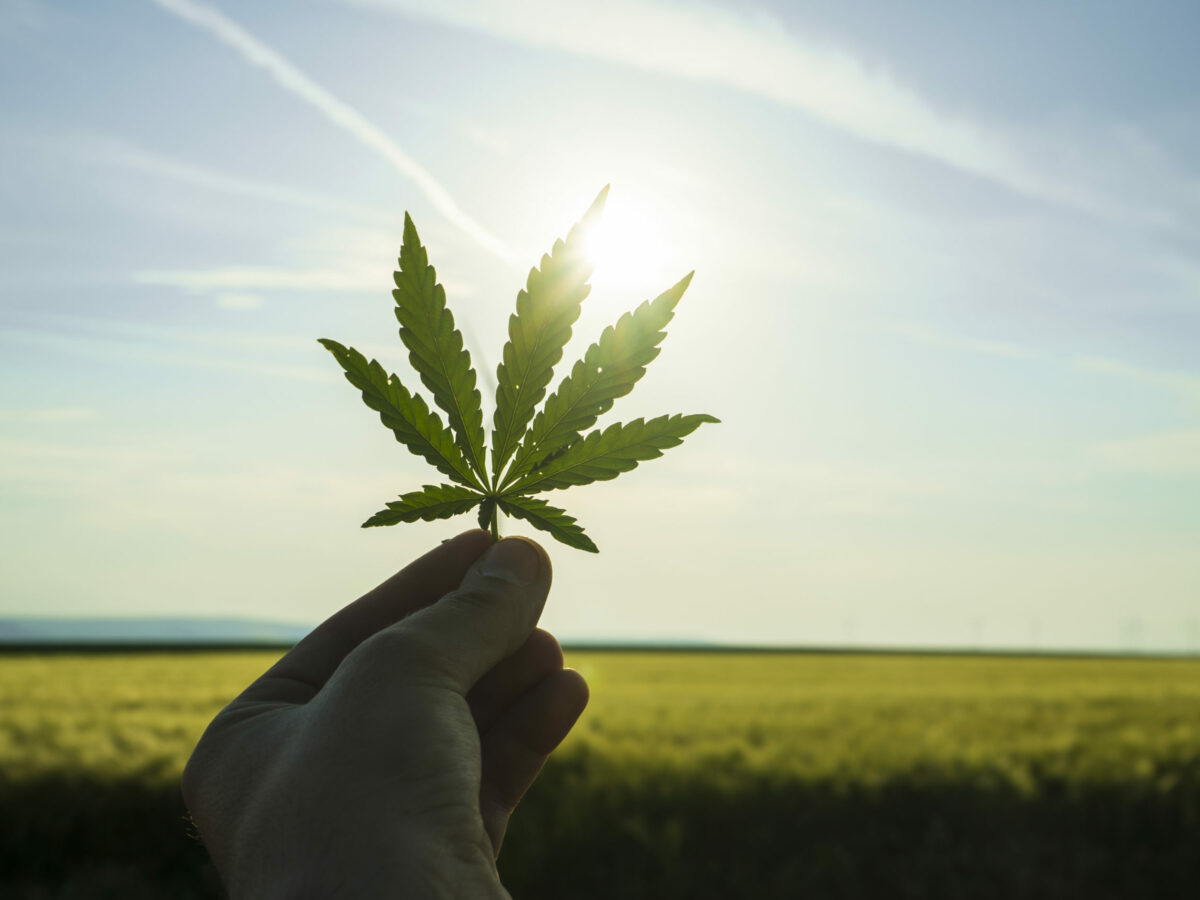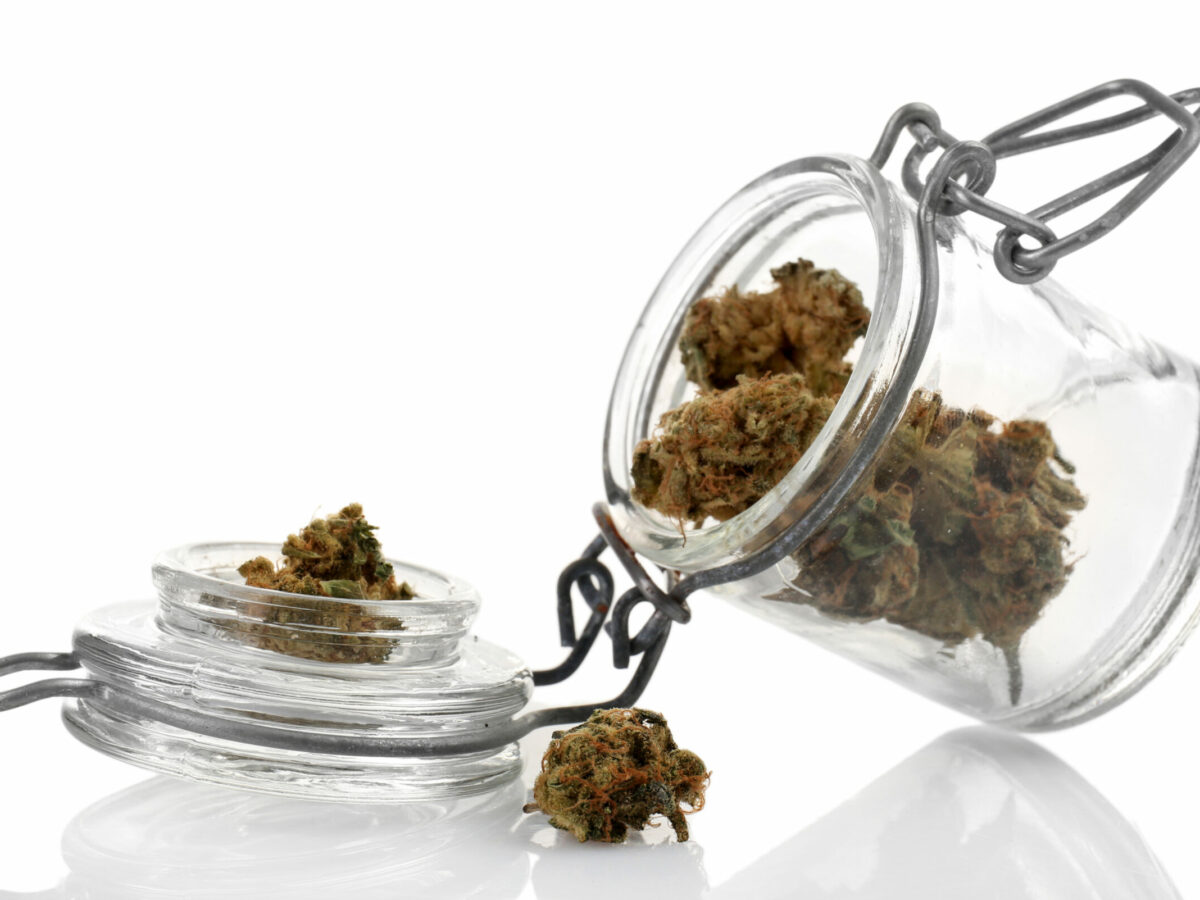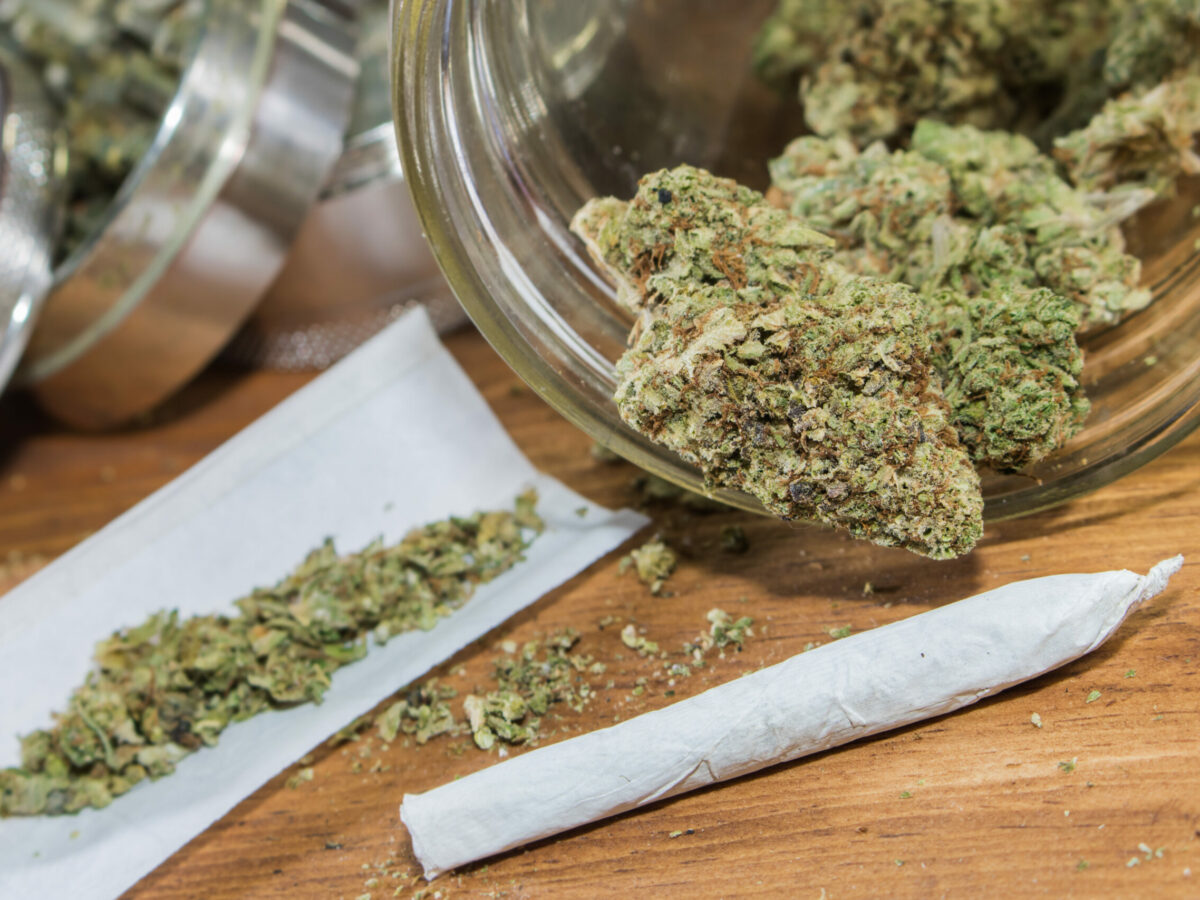So, you got too high.
Maybe it was an extra bong rip, a fat dab, or you made the all too common mistake of eating a second edible before the first kicked in. Every seasoned cannabis user has a story of a time they were humbled by weed.
If this is you — feeling paranoid, anxious, or like your breathing has suddenly switched from automatic to manual after smoking weed — don’t panic. You aren’t dying, you’re just high.
And thanks to growing scientific research and anecdotal evidence passed down through generations of stoners, there are a few ways known to mitigate these negative side effects.
Here are a few tricks to help you get less high (or at least calm down enough to enjoy it).
3 Ways to Reduce Your High
1. Distract, distract, distract.
The most reliable way to reduce any weed-related anxiety is to distract yourself in a comfortable environment.
THC heightens your sensitivity to the world around you, which is usually part of the fun. Unless you get too high, of course, and instead feel like you’re the main character in a really weird movie.
The best thing to do when you’re too high and are grappling with Truman Show-level paranoia is to create yourself a more comforting environment, whatever that means for you.
Whether that’s taking a hot bath or shower, going for a walk, sinking into the couch and watching reruns, or embracing the munchies and using snacks to distract – do something other than think about being high.
THC takes anywhere from two to 12 hours to wear off, so you might as well try to enjoy yourself along the way.
2. Sniff black pepper or suck on a lemon.
While THC causes the psychoactive high associated with weed, terpenes help determine how that “high” will feel.
These are scent molecules that are found in all living things, including weed. Different concentrations of the various terpenes and cannabinoids will determine how a particular strain will taste, smell, and feel.
Research shows cannabis-derived terpenes like limonene, caryophyllene, myrcene and linalool may have anxiolytic (anti-anxiety) properties. That’s why budtenders often recommend weed strains with high concentrations of those “terps” for people who suffer from paranoia.
Needless to say, if you’re feeling too high, don’t smoke more weed just for the terpenes. Instead, look for terpenes in everyday foods. Limonene is common in lemons, oranges, and other citrus fruits. Caryophyllene is highly concentrated in black pepper.
Oh, and you don’t need to start stuffing your face with lemons and pepper –– that would probably be unpleasant. Because terpenes are scent and taste molecules, you don’t need to eat them to absorb them.
Try sucking on the lemon and sniffing the pepper, or vice versa (at your own risk). This could help reduce your post-weed anxiety by promoting the absorption of its most calming terpenes.
3. A Large Dose of CBD Could Help Chill You Out
One of the most long-touted ways to reduce the effects of THC, the cannabinoid that causes the “high” associated with weed, is to pair it with CBD. But don’t get ahead of yourself — it’s a little complicated.
THC and CBD are two of the most prominent cannabinoids found in weed that interact with your body’s endocannabinoid system, which regulates things like your mood, stress, and memory. When you consume too much THC, your endocannabinoid system goes into overdrive. This causes some of weed’s negative side effects, including anxiety, paranoia, or an elevated heart rate.
Meanwhile, CBD is a non-psychoactive cannabinoid that doesn’t make you feel high. It’s increasingly used to treat pain, inflammation, and anxiety, though there’s still limited evidence to show it’s effective. Still, some of the early research on CBD has been so promising that in 2018 the Department of Veterans Affairs launched its first clinical study of CBD paired with psychotherapy to treat vets with PTSD.
Health experts and studies generally agree that consuming CBD is relatively safe as long as you can get your hands on a well-regulated, unadulterated product.
For years, the popular belief has been that CBD can counteract the negative effects of THC. That notion recently came under scrutiny when a 2019 study found that consuming THC with a small dose of CBD could actually increase your high.
Surprisingly, the same study found that a large enough dose of CBD can dull some of THC’s psychoactivity and thus reduce unwanted side effects. When researchers administered THC with a 400 milligram dose of CBD instead of a 4 milligram dose, participants reported feeling less intoxicated than those who consumed THC with a low-CBD formula.
“Low doses of CBD when combined with THC enhanced, while high doses of CBD reduced the intoxicating effects of THC,” the researchers wrote.
In short, it’s still too early to definitively say CBD can help reduce your high, but it may be something worth trying for more experienced cannabis users. Keep a CBD tincture or high-dose gummies in your stash in case you or a friend need some assistance coming back down to earth.
(Note: This column isn’t intended as a substitute for professional medical advice. We do our best to write stories that are based on scientific research, but you should always consult a doctor before consuming cannabis products.)



